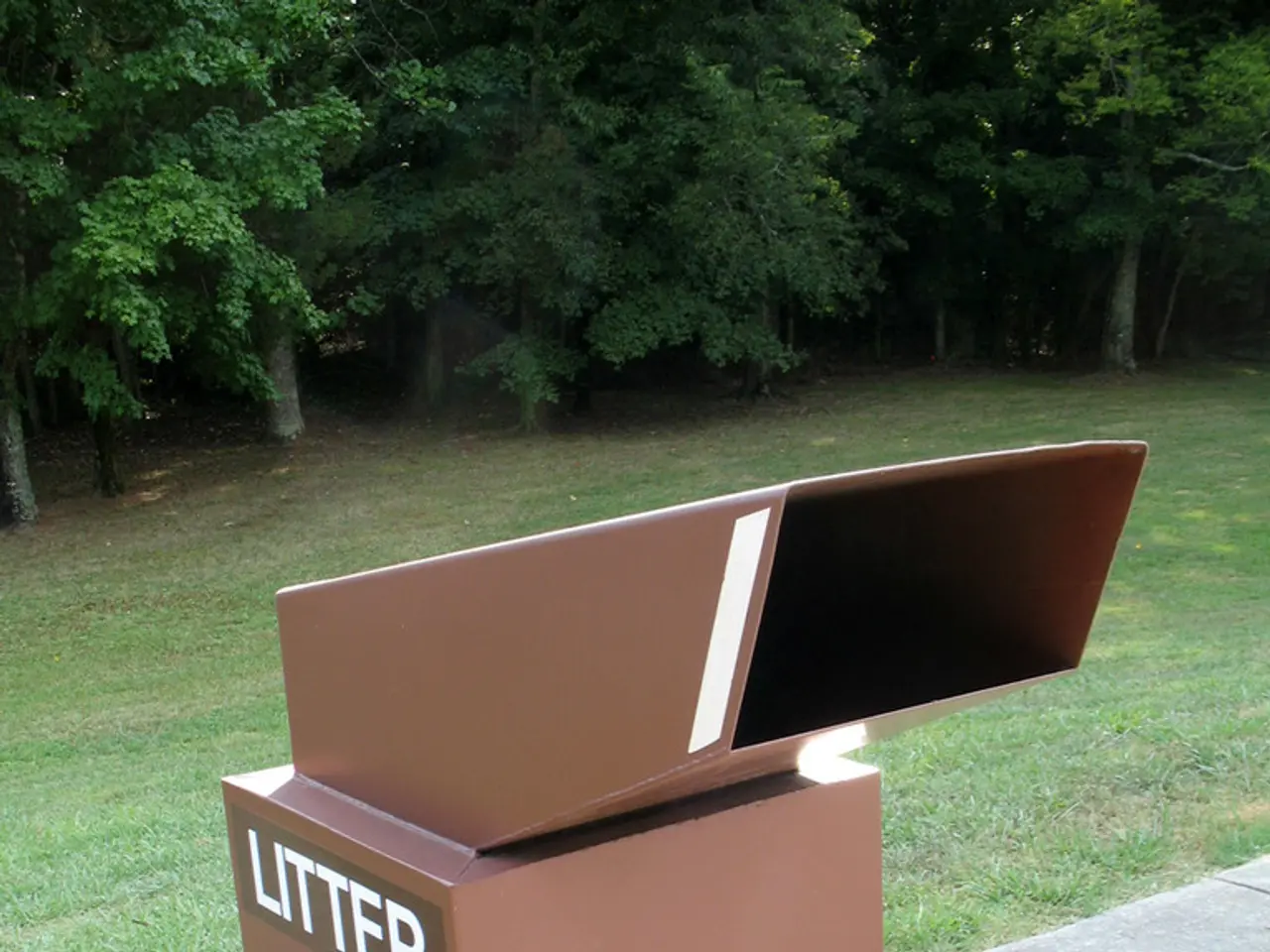Trash Smarter Tech
In an effort to combat marine pollution and promote sustainable waste management, New Zealand has launched the Litter Intelligence Project. This nationwide initiative, led by the charity Sustainable Coastlines, is the country's first national litter database.
The project is based on the inquiry cycle model developed by the Department of Conservation and follows a citizen science approach. Volunteers, including children (tamariki), collect litter from local freshwater or coastal sites, sort, count, and record the litter items according to standardized protocols. The data is then entered into the Litter Intelligence database.
The Litter Intelligence Project utilises technology to ensure that the data collected by citizen scientists is recognised as credible and useable to inform decision-making worldwide. A new, easy-to-use nationwide litter citizen science platform/app has been developed specifically for the project.
New Zealanders are ranked as the tenth highest consumers of urban waste per capita in the world, producing over 3.6 kg of waste per person every day. Cigarette butts, one of the most common forms of litter worldwide, are particularly harmful to the environment, taking 18 months to 10 years to fully degrade. Discarded cigarette butts can be harmful to marine life, as one cigarette butt in a litre of water is enough to kill fish.
The project is funded by the Ministry for the Environment's Waste Minimisation Fund and collaborates with the Department of Conservation and Statistics New Zealand. It is also based on the United Nations Environment Programme marine debris survey methodology, allowing for accurate data collection and international reporting.
Sustainable Coastlines offers workshops on the project, data collection methodology, health and safety planning, and reporting requirements. The charity also provides a litter education curriculum for schools to promote environmental awareness and responsible waste management practices.
The goal of the Litter Intelligence Project is to use data collected to change local behavior and find effective long-term solutions to reduce rubbish. The litter data collected will be freely available to the groups involved, the wider public, and decision-makers. Tangata whenua, or New Zealand's original citizens, are considered the original Citizen Scientists, as they have the baseline knowledge on how coastlines should be, litter-free.
The Litter Intelligence Project is a long-term programme aiming to create a grassroots solution to litter in New Zealand. Sustainable Coastlines will conduct beach litter surveys at a minimum of 108 beach sites across Aotearoa for 3 years, starting in 2018. The project aims to monitor litter trends across the country to support evidence-based policies and community actions to reduce litter pollution sustainably.
References:
- Sustainable Coastlines
- Ministry for the Environment
- Department of Conservation
- Statistics New Zealand
- United Nations Environment Programme
- Encompassing environmental-science and citizen-science strategies, the Litter Intelligence Project, a joint venture by Sustainable Coastlines, Ministry for the Environment's Waste Minimisation Fund, Department of Conservation, and Statistics New Zealand, strives to foster sustainable-living habits within New Zealand's home-and-garden lifestyle by collecting data on litter in freshwater and coastal sites.
- As the nationwide first national litter database, the Litter Intelligence Project, utilizing technology to ensure credible data, offers workshops to educate volunteers, including children (tamariki), on project methodology, health and safety planning, and reporting requirements, aiming to create a grassroots solution to climate-change impacts on the environment.
- With a long-term vision, the Litter Intelligence Project, based on the United Nations Environment Programme marine debris survey methodology, aims to monitor litter trends across the country to support evidence-based policies and community actions, thereby promoting a reduction in rubbish and working towards a litter-free environment, respecting and valuing the traditional knowledge of tangata whenua, New Zealand's original citizens.




